Hedda Review: Tessa Thompson and Nia DaCosta Make A Bitter Brew Look Good
This new version of Hedda Gabler is cruel in all the best ways.
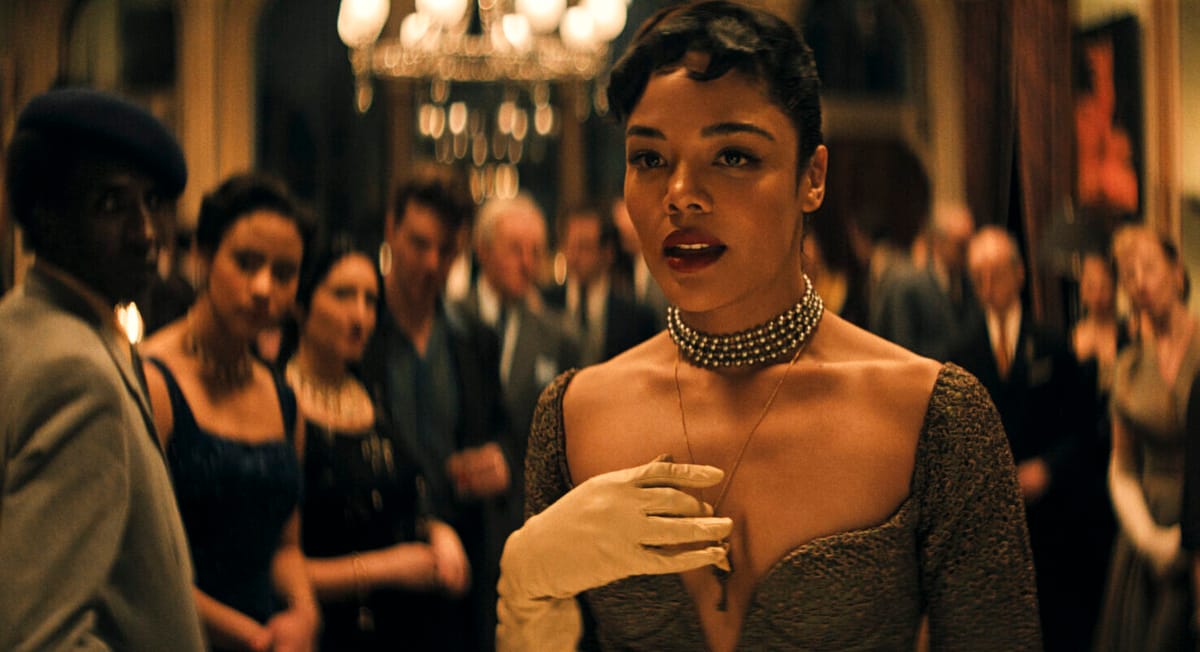
This post is free but it’s worth it to become a paid member of The Film Maven community! Paid subscribers are the backbone of The Film Maven and becoming one shows support for independent journalism, as well as female- and disabled-created content. It also allows me to write really fun articles and hire freelance writers. And becoming a paid subscriber gives you access to The Trade, my examination and exploration of topics in the entertainment industry, my Popcorn Disability articles on disabled representation in film, and more. Subscribe and show your support for independent journalism.
Don't want to commit to a subscription? Leave a tip to show you enjoy what you're reading.
Enjoy what you’re reading? Share it with friends. Help us get to 1,000 subscribers by the end of 2025 and I’ll do a full written and video review of Francis Ford Coppola’s Megalopolis.
Read more about the history of disability in film by pre-ordering my upcoming book, Popcorn Disabilities: The Highs and Lows of Disabled Representation in the Movies. I not only expand on what you’re reading here, but examine the stereotypes, tropes, and the good, bad (and really ugly) of disabled movies. Preorder the book by clicking this link! Send me proof of your preorder and I’ll give you a paid subscription to The Film Maven for one year!
In 1891, playwright Henrik Ibsen released Hedda Gabler, his potentially Freudian, highly adapted story of a venal woman doing what she has to in order to protect her way of life. Four feature-length adaptations of it have manifested here in the U.S., including one 1963 production that put Ingrid Bergman in the role (and that I need to see because Ingrid Bergman, really?).
But it is director Nia DaCosta who gives us a Hedda that feels perfectly suited for 2025 despite her adaptation taking place in a vaguely 1930s-esque time period. With Tessa Thompson in fine form as the title character, this adaptation of Hedda Gabler makes some big changes but feels fresh, frightening, and dominating in all the best ways!
Hedda Gabler nee Tesman (Thompson) is throwing a party to debut her new marriage to academic husband George (Tom Bateman). George hopes to use to the party, half-filled with professors, to secure a job that will see him and his new wife as financially secure. But when Hedda's former lover, Eileen Lovborg (Nina Hoss) arrives, and is discovered to be vying for the same position as George, it lights a fire that is set to explode. Soon Hedda is tasked with manipulating the situation however she has to in order to secure what she wants.
Hedda Gabler, in DaCosta's interpretation, is a story of women seeking control. Hedda starts by wanting to control how the party will go. "Nothing can go wrong tonight," she declares, which the audience understands is impossible considering the movie begins with Hedda being interrogated by police. Hedda herself also sabotages this perfection from the get-go, inviting her bohemian friends alongside George's uptight academic muckety-mucks. For all her desire to control things, Hedda is doomed to sabotage. This is contrasted with Eileen, a woman seeking for control and, more importantly, respect as a writer and academic, and as a queer woman to boot this is impossible considering the time period.
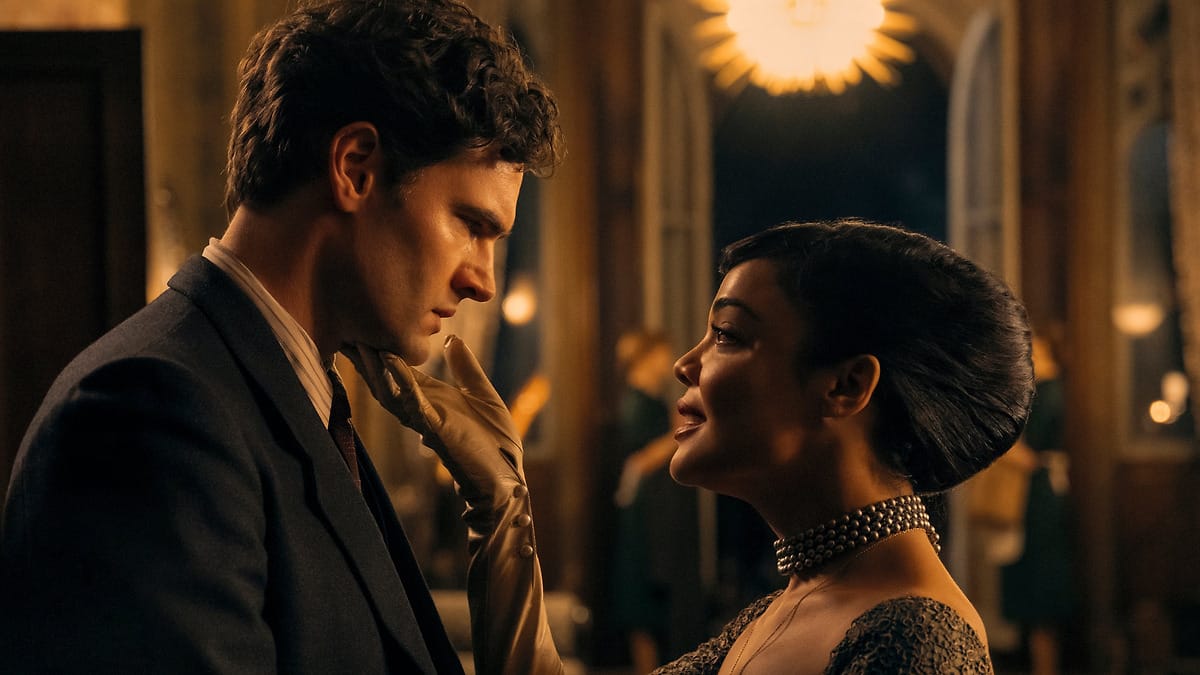
The Freudian elements Ibsen was accused of indulging in with the play are still present, with Hedda constantly referring or being compared to her father. The two's relationship when she was young is said in a way that implies a near-incestuous nature. But by casting Thompson, DaCosta infuses a heavy amount of colonialism and white privilege into the narrative without belaboring anything. Hedda is a bastard child which only fuels her desire for control and acceptance. Upon meeting one of George's friends, the friend's wife whispers that Hedda "isn't as dark as I thought."
Tessa Thompson is astounding as a character who is manipulating at every turn. Like the best narcissists, Thompson plays Hedda as a woman trying to feign human emotions yet always looking out for herself. Her comments, even if they sound complimentary in the moment, turn out to be cold insults after the moment has passed. Every line Thompson speaks is dripping with poison and disdain and yet you understand why a highly intelligent person like Eileen is drawn to her, or why Eileen's lover Thea (Imogen Poots) is terrified. There's a silky, cat-like mien to her performance. (Someone PLEASE put Thompson in an Earth Kitt-biopic.)
Anytime the movie moves beyond Thompson it looks vital momentum, but all of the characters are richly written. Nina Hoss as Eileen is a character haunted by her own inferiority. Declaring that she's written her masterpiece, the trauma that comes from it in the second half of the movie will hit any artist directly in the gut. Poots's Thea tries to stand up to Hedda but is woefully ill-equipped. And Bateman, as husband George, works well as a guppy of a character, completely unable to stand up to his domineering wife.
From a technical standpoint, Hedda is immaculate. Lindsay Pugh's costume designs tell us about the characters the minute they arrive. Hedda, starts with perfectly prim and composed hair and jewels, a facade that will eventually result in loose hair, lank clothes and dry eyeliner by the end. Hoss's dress, though beautiful, constantly reminds the audience she is a woman in a predominately man's world. When she enters the library filled with academics to discuss her book--she the lone woman--the design on her dress painfully emphasizes her breasts. Production designer Cara Bower also does a fantastic job of making the Tesman house, a house Hedda demanded George buy but actually dislikes, feeling like an additional character.
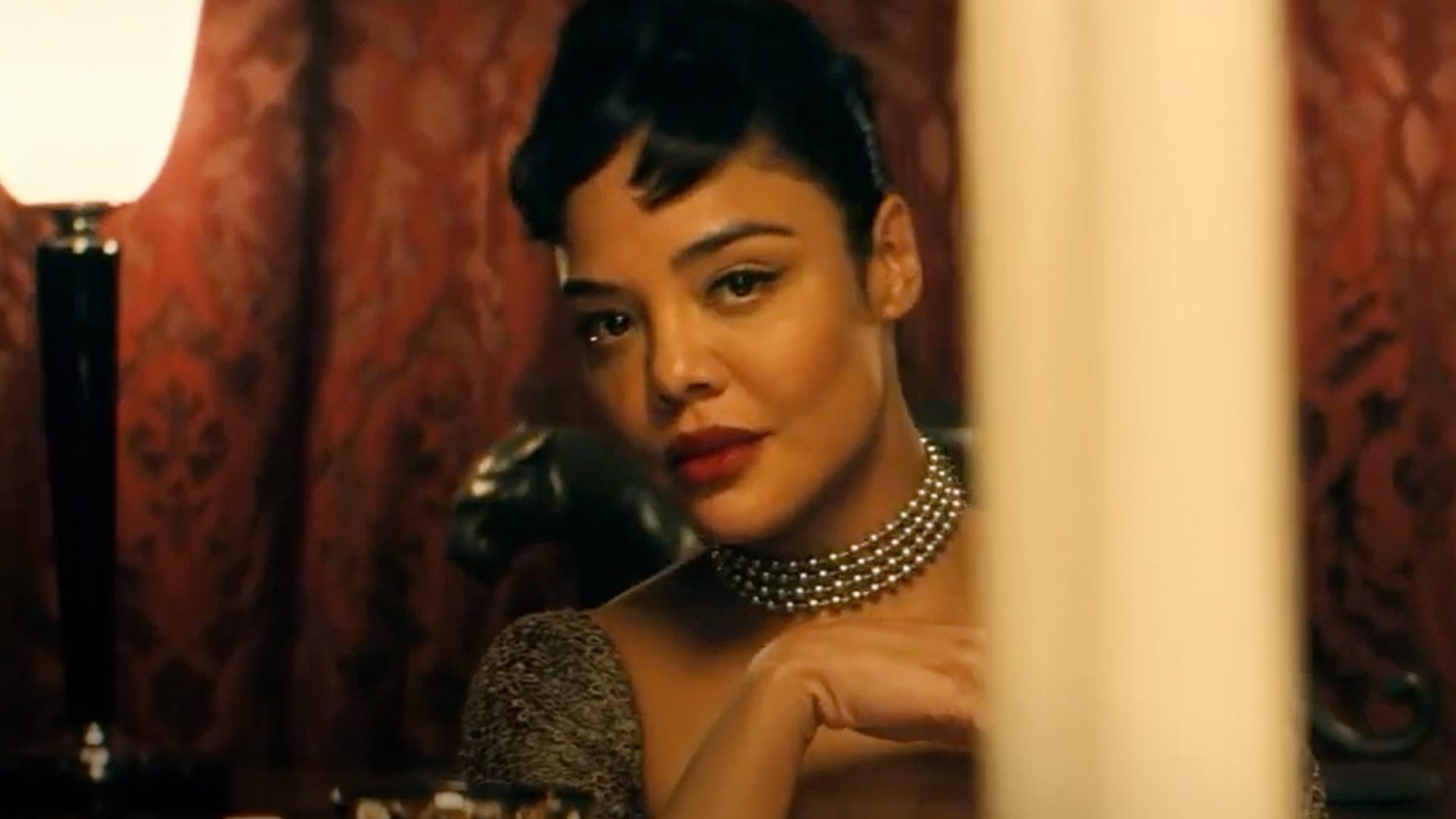
But it is Sean Bobbitt's cinematography that is utterly spellbinding. The way the camera glides through a room full of dancers or highlights Hedda's largeness or smallness, depending on the power she wields in the scene, is amazing. There's a stained glass quality to certain scenes that plays on the brittle nature of Hedda and George's relationship, and in fact Hedda's entire house of cards. Hildur Guðnadóttir's score works to increase this tension yet, in some scenes, all that can be heard is Hedda's breathing, a moment of respite from her own dark thoughts as well as the machinations she's constantly inventing.
In the landscape of today, seeing a character like Hedda is acutely painful, though DaCosta's more ambiguous interpretation of Ibsen's play will yield much discourse over whether it was a good choice or not, alongside what it says about the character in today's world.
Hedda is one of the year's best movies with Thompson nothing short of wondrous. I always say the movies I love are the hardest reviews to write and this one was difficult if only because there's so much minute detailing to deconstruct. This is an adaptation that transcends its stage bound origins.
Grade: A
Hedda hits theaters October 22.
Where are my Ibsen fans? Are you ready for another Hedda Gabler adaptation? Leave a comment below.
Let’s work together! If you have editorial opportunities and would like to collaborate with me on an entertainment or disability project, drop me a message.

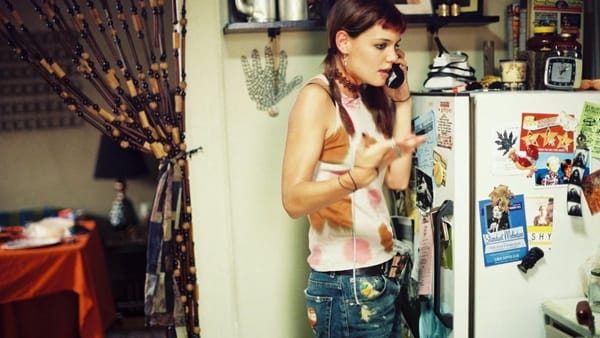

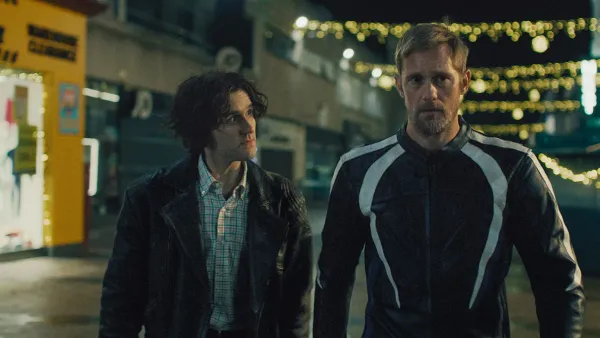
![Director Penelope Spheeris on Thirty Years of Black Sheep and Little Rascals [Exclusive]](/content/images/size/w600/2026/02/With-Chris-Farley-on-Black-Sheep.webp)